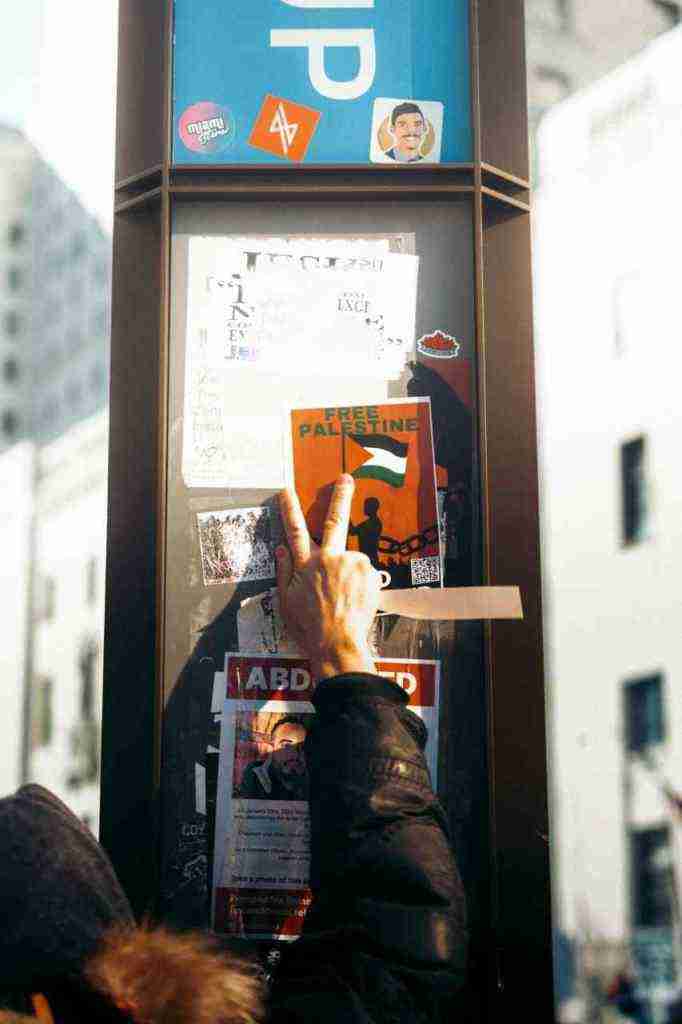Celebrity Women in Politics: Exploring the Challenges and Possibilities
From the silver screen to the political arena, the allure of celebrity has long been intertwined with the world of politics. Male celebrities, like Ronald Reagan, Clint Eastwood, Arnold Schwarzenegger, and Al Franken, have successfully transitioned from entertainment to high-profile political careers. But what about women?
Historical Precedents
Despite their significant influence and public stature, female celebrities have historically faced barriers to political candidacy. While a few have considered running for office, including Oprah Winfrey, Sandra Bullock, Serena Williams, Viola Davis, Julia Roberts, Tina Fey, Whoopi Goldberg, Jodie Foster, and Rachel Maddow, few have taken the plunge.
Barriers to Female Candidacy
The reasons for this lack of representation are complex and multifaceted, stemming from a combination of sexism, assumptions about women’s qualifications, and a shortage of women seeking office.
Lack of Support for High-Profile Women
High-profile women, including Beyoncé, Lady Gaga, Jennifer Lopez, Miley Cyrus, Kim Kardashian, and Caitlyn Jenner, often face intense public scrutiny and criticism. This can discourage them from entering the political arena, where they may be subjected to even harsher scrutiny and attacks.
Explanations for Lack of Female Candidates
Sexism remains a pervasive problem in society, influencing perceptions of women’s capabilities and leadership potential. Additionally, the assumption that women are not as qualified as men for political office persists, despite evidence to the contrary. Furthermore, the lack of women seeking office suggests that societal norms and expectations discourage women from pursuing political careers.
Celebrity Women and the Perception of Capability
When celebrity women do consider political office, they often face a double standard. While men are often perceived as qualified by default, women must navigate a delicate balance between appearing likeable and qualified. This double standard can make it challenging for women to prove their qualifications without sacrificing their likeability.
Women’s Impact on Political Discourse
Changing the Narrative
– Celebrity women challenge traditional gender roles in politics
– They bring fresh perspectives and diverse experiences
– Their presence forces a re-examination of political norms
Inspiring Future Leaders
– Young women see themselves reflected in high-profile female politicians
– This inspires them to pursue careers in public service
– It creates a positive feedback loop for female representation
Conclusion
The Future of Female Leadership
– Progress is being made, but there is still much work to be done
– Women face unique challenges as candidates and elected officials
– Their diverse perspectives and experiences are vital to a healthy democracy
The Responsibility of Voters
– It is up to voters to support female candidates
– We must challenge sexism and assumptions about women’s capabilities
– By doing so, we can create a more inclusive and representative political system
